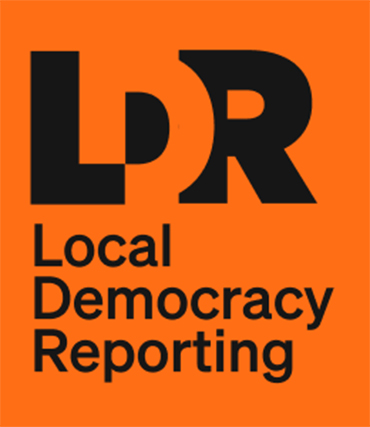National response to Ōpōtiki voting pack error

Diane McCarthy
National response to Ōpōtiki voting pack error
Diane McCarthy
Local democracy reporter
A voting pack failure that saw Ōpōtiki Māori Ward candidates omitted from candidate information booklets for local government elections has raised reaction from several national organisations.
Election Services managing director Dale Ofsoske has apologised for the error publicly, and to the three affected candidates over the phone.
Mr Ofsoske said it appeared the error occurred during the proofing process.
“I take full responsibility for this, and I extend my sincerest apologies to the candidates and the Ōpōtiki Māori ward electors for this omission,” he said.
Election Services is reprinting the Ōpōtiki Māori Ward candidate profiles and will send these to the 1958 affected electors, accompanied by a letter of apology from Mr Ofsoske.
Ōpōtiki district is not the only district to have an issue with Māori wards not appearing in candidate booklets. Whanganui and South Wairarapa, both of which use a different electoral service - Electionz.com - to facilitate their elections, have had a similar problem with Māori wards being omitted from the information booklets.
The errors have led local government advocacy group Local Government New Zealand to renew its calls for local elections to be run by the Electoral Commission, the agency that is responsible for running central government elections.
LGNZ chief executive Scott Necklen said the errors could affect the public’s trust in local elections.
“We want New Zealanders to understand the value of local government, and to have their say by voting for the candidates they support. That’s only possible if they have the right information to make an informed decision – and in these cases that didn't initially happen,” Mr Necklen said.
While steps had been taken by the electoral service providers to urgently rectify the issue, Mr Necklen said broader system change was needed.
“It’s a serious issue, and a threat to democracy if we don’t get it right.
“Since last year we've been calling for change in how local elections are run, given declining voter turnout and a perceived apathy towards local government, which delivers critical services everyone uses every day.
LGNZ’s Electoral Reform Working Group has released 20 recommendations on the future of local elections. They include that local elections should be run by the Electoral Commission from 2028 onwards.
The Green Party has called for the voting period for those wards to be extended.
The party’s spokeswoman for democracy and electoral reform, Celia Wade Brown, has also said the omission could influence not only the course of the election, but the Māori wards referendums that are happening in some districts. Ōpōtiki district is not required to hold a referendum at this election to retain its Māori wards, as a poll was held at the 2022 election.
“We are calling for the voting period to be extended so people can make their decision with all the information they should have got from the start,” Ms Wade Brown said.
The Public Service Association-Te Pūkenga Here Tikanga Mahi, a trade union representing 95,000 public service employees across New Zealand, has also called for the Electoral Commission to take over running and publicising local elections.
In a letter to Minister of Justice Paul Goldsmith and Minister of Local Government Simon Watts, acting kaihautū Māori Marcia Puru said the failure to send out candidate information was a scandalous failure to properly run important local government elections, which were a vital part of democracy.